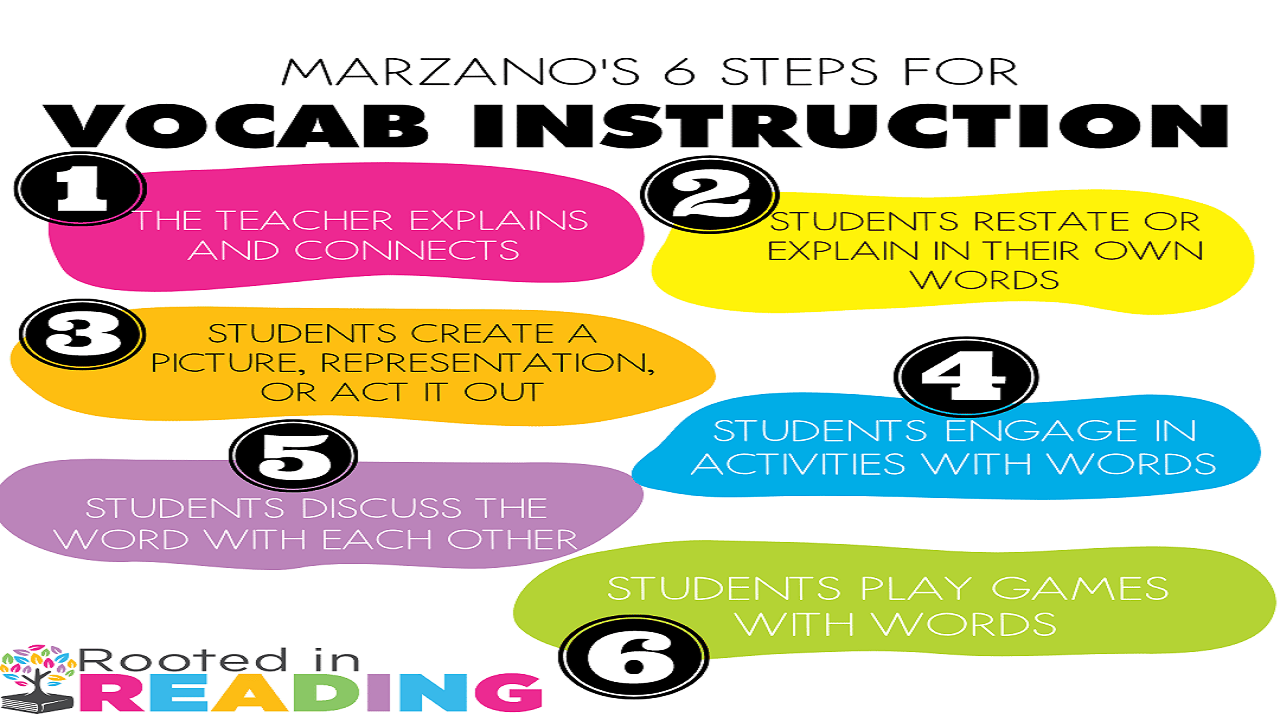
Vocabulary instruction is a crucial component of language development and plays a vital role in a person's ability to understand and communicate effectively. It refers to the intentional and systematic teaching and learning of words, their meanings, and their usage in different contexts.
Building a rich and diverse vocabulary is essential for various aspects of life, including academic success, professional growth, and social interactions. It enables individuals to comprehend written and spoken language, express their thoughts and ideas accurately, and engage in meaningful conversations.
Effective vocabulary instruction involves several strategies and techniques to help learners expand their word knowledge. Some common approaches include:
Teachers play a critical role in vocabulary instruction by selecting relevant and engaging words, providing explicit explanations and examples, and creating opportunities for students to practice and apply new vocabulary in authentic ways. Additionally, learners can also take an active role in expanding their own vocabulary by reading extensively, seeking clarification when encountering unfamiliar words, and using new words in their daily lives.
In conclusion, vocabulary instruction encompasses deliberate and systematic efforts to develop word knowledge and understanding. It empowers individuals to communicate effectively, comprehend complex texts, and engage in meaningful interactions. By employing various instructional strategies and fostering a love for words, educators can help learners expand their vocabulary and unlock a world of possibilities.